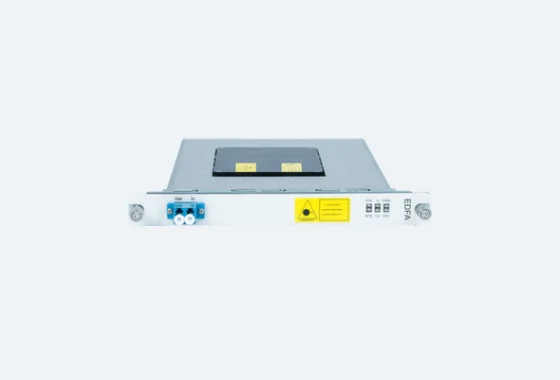In today's fast-paced digital world, smartphones have become an essential part of our lives. However, with the constant advancements in technology, it can be challenging to determine when it's the right time to upgrade to a new phone. In this blog post, we will explore the key indicators that suggest it's time to get a new phone. From performance issues to outdated features, we will delve into the various aspects that can help you make an informed decision.
- Sluggish Performance:
One of the most apparent signs that you should consider getting a new phone is when your current device starts to exhibit sluggish performance. If you notice frequent app crashes, slow response times, or significant lag while multitasking, it may be an indication that your phone's hardware is struggling to keep up with the demands of modern applications. Upgrading to a new phone with a faster processor and more RAM can significantly enhance your overall user experience. - Outdated Operating System:
As technology evolves, so do operating systems. If your current phone is running on an outdated OS version, you may be missing out on crucial security updates, bug fixes, and new features. Manufacturers often prioritize software updates for their latest models, leaving older devices vulnerable to potential security threats. If your phone no longer receives regular updates or lacks compatibility with the latest apps, it's a strong indication that it's time for an upgrade. - Insufficient Storage Space:
Running out of storage space can be a frustrating experience, especially when you constantly have to delete files or apps to make room for new ones. If you find yourself frequently encountering low storage notifications or struggling to download essential files, it may be a sign that your phone's storage capacity is no longer sufficient for your needs. Upgrading to a phone with larger internal storage or expandable memory options can alleviate this issue and provide you with ample space for your files, photos, and apps. - Deteriorating Battery Life:
A phone's battery life naturally degrades over time, but if you find that your device barely lasts a few hours on a full charge, it's a clear indication that the battery is deteriorating. Constantly having to carry a charger or power bank can be inconvenient and restrict your mobility. Upgrading to a phone with a more efficient battery or fast-charging capabilities can ensure that you have sufficient power to get through the day without interruptions. - Limited Camera Capabilities:
With the rise of social media and the increasing importance of visual content, having a capable camera on your smartphone has become crucial. If your current phone's camera fails to meet your expectations in terms of image quality, low-light performance, or advanced features, it may be time to consider upgrading. Newer phone models often boast improved camera technologies, such as multiple lenses, higher megapixel counts, and advanced image stabilization, allowing you to capture stunning photos and videos effortlessly.
Conclusion:
Knowing when to get a new phone is essential to ensure that you stay up-to-date with the latest technology and enjoy a seamless user experience. By considering factors such as sluggish performance, outdated operating systems, insufficient storage space, deteriorating battery life, and limited camera capabilities, you can make an informed decision about upgrading your smartphone. Remember, investing in a new phone that meets your current needs can significantly enhance your productivity, connectivity, and overall satisfaction with your mobile device.



